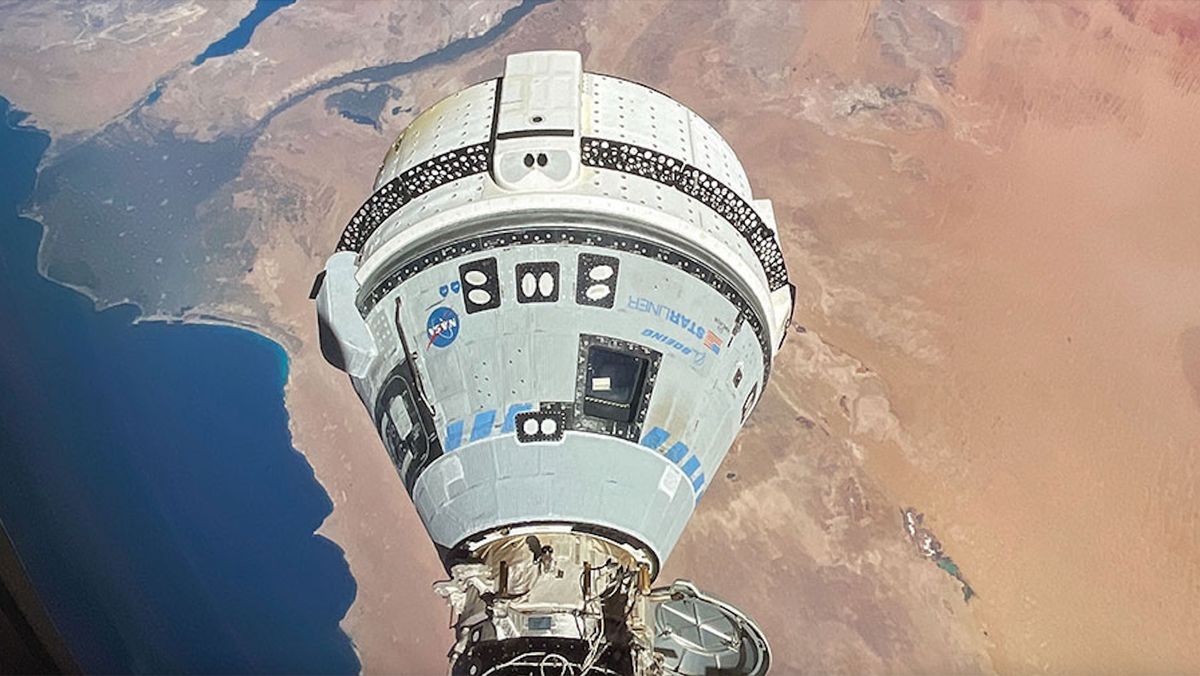Just want to put this one out there again. There are people who think they can seriously profit from this.

 www.newscientist.com
www.newscientist.com

How a start-up plans to mine the moon for a rare form of helium
A private moon mission planned for 2027 will be the first step towards commercial lunar mining of rare and expensive helium-3


